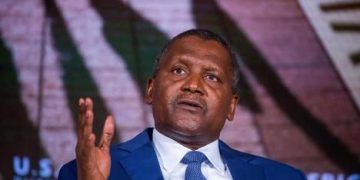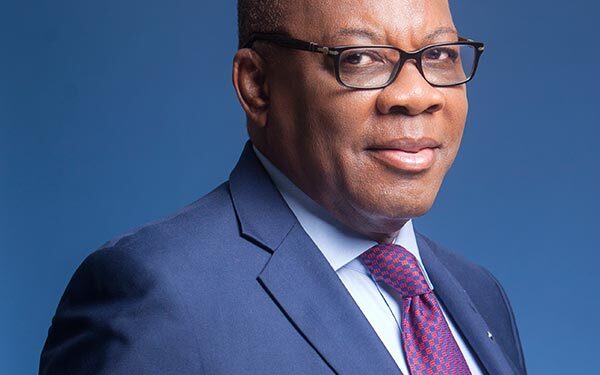Dr. Olisa Agbakoba, a former president of the Nigerian Bar Association (NBA) and Senior Advocate of Nigeria (SAN), has projected that Nigeria’s annual budget could reach N500 trillion by 2030 if comprehensive reforms in tax collection and governance are implemented. This ambitious target aligns with the nation’s recent fiscal trajectory, including the proposed N50 trillion budget for the 2025 fiscal year.
In a statement titled “The Big Budget Decision of 2025 and Expectations of Nigerians,” Agbakoba emphasized the need for innovative approaches to revenue generation. He noted that while the focus has predominantly been on taxation, enhancing governance revenue is equally crucial. By intensifying efforts in both areas, he believes that a N100 trillion budget by 2026 is attainable, setting the stage for the N500 trillion milestone by 2030.
To realize these objectives, Agbakoba outlined several key strategies:
1. Streamlining Bureaucratic Processes:
Transitioning from cumbersome procedures to practical, outcome-driven approaches is essential for efficient governance and revenue collection.
2.Demonstrating Strong Leadership:
Effective and decisive leadership is vital to drive and sustain the proposed reforms.
3.Implementing Substantial Palliatives:
Addressing current economic hardships through measures such as waiving fees for primary and secondary education and providing free healthcare services, akin to the United Kingdom’s National Health Service (NHS), can alleviate public burden and stimulate productivity.
Agbakoba also advocated for the establishment of a Department of Efficiency, Innovation, and Transformation to identify and eliminate waste within government operations. He cited international examples, noting that former U.S. President Donald Trump appointed Elon Musk for a similar role, and former British Prime Minister Margaret Thatcher benefited from an Efficiency Office. Such initiatives, he argued, could significantly reduce governmental waste in Nigeria.
Furthermore, Agbakoba called for substantial investments in the manufacturing sector to boost production and reduce inflation. He emphasized the necessity of decentralizing power by transferring certain responsibilities from the federal government to state and local governments. Additionally, he proposed granting autonomy to educational institutions to address longstanding issues, such as the underfunding of the Academic Staff Union of Universities (ASUU).




















































